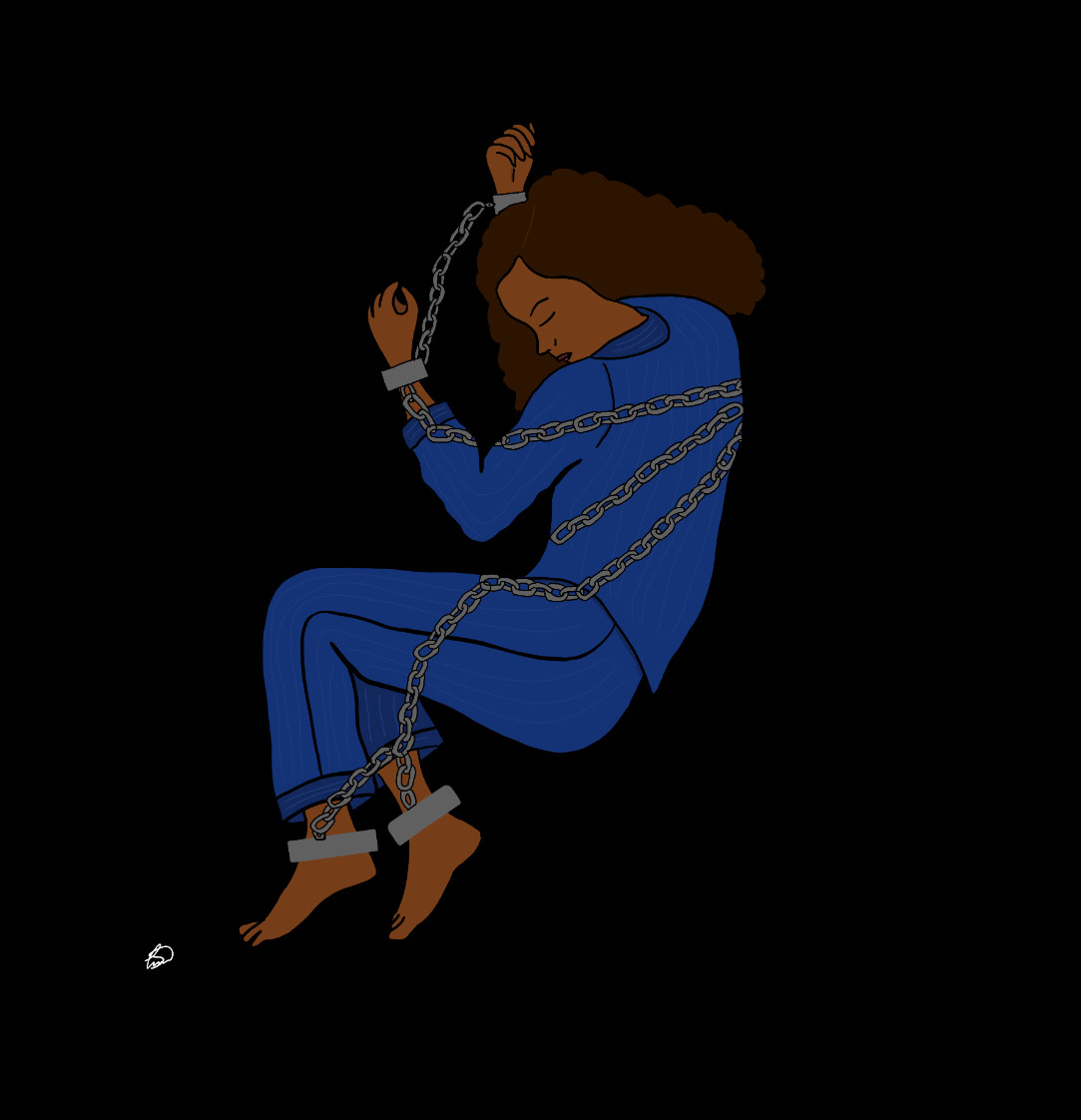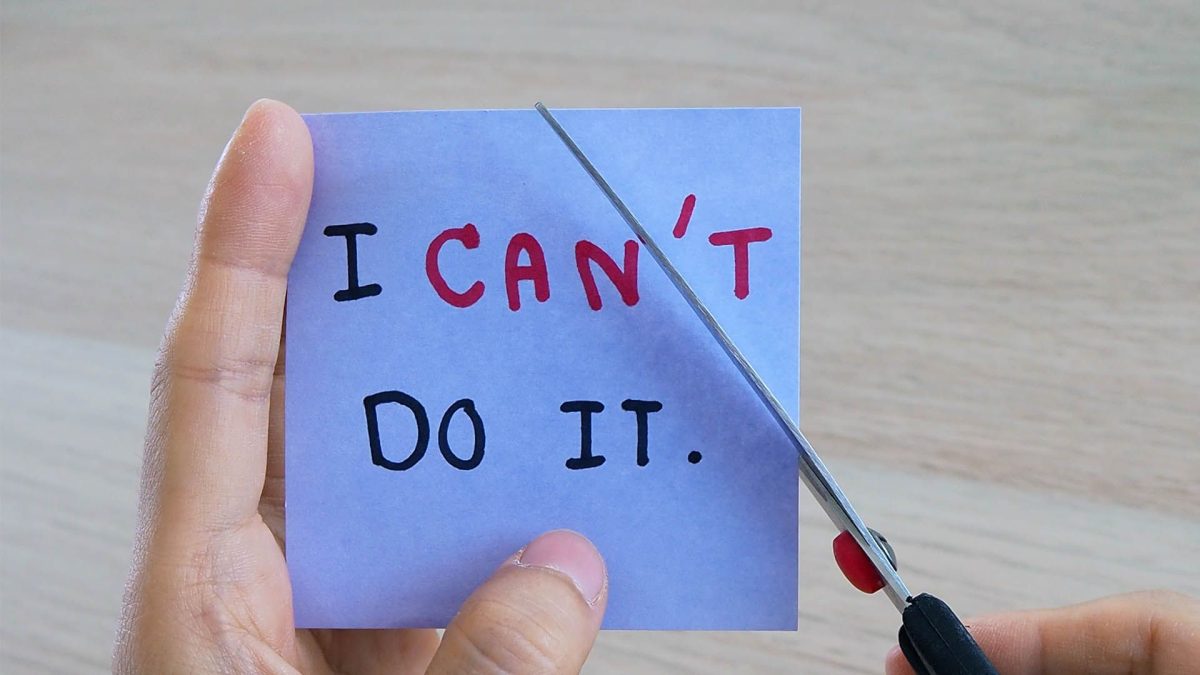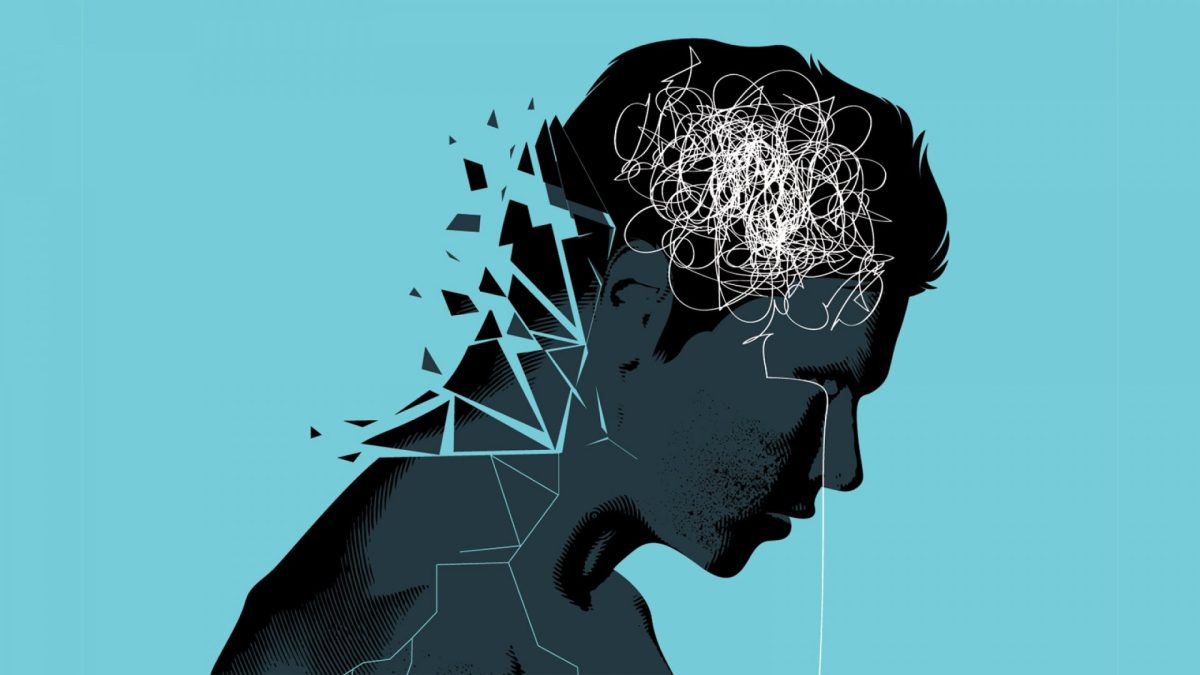It is normal to feel some pressure before an exam and a little stress could be good – to actually focus and do better. However, some people worry so much that they can not concentrate and end up not doing as well as they like. This is known as test anxiety and can affect anyone, regardless of age and how well they are presumed to be doing.
According to the University of North Carolina, test anxiety is a combination of physical and emotional reactions that interfere with a person’s ability to perform well on tests. Test anxiety is a type of performance anxiety – an anxiety where how a person does really matters to them.
Symptoms of test anxiety include headache, nausea, excessive sweating, shortness of breath and a rapid heartbeat. If extreme, test anxiety can also cause panic attacks. Panic attacks are defined as brief episodes of intense fear or discomfort where it may feel like the person is having a heart attack.
There are many causes of test anxiety such as the fear of failure, lack of preparation, poor test history, high pressure and perfectionism. Typically, students may have been prepared for a test but their uncontrollable thoughts of these causes sabotage their level of thinking and concentration during the time of their tests. The result of this is feelings of disappointment, negative thoughts and the mind going blank.
Test anxiety is definitely difficult to overcome but not impossible.
Here are some tips that may help to reduce test anxiety:
- Create a persistent routine and timetable – by organizing the times when studying occurs and prioritizing at least 20-30 minutes of therapeutic self-care activities every day, one will notice a significant improvement in their mindset and health.
- Be prepared in advance- start studying a few weeks in advance so that there will be enough time to prepare for a test. Space the studying out into smaller chunks over time to make it easier to study. This has been proven to be more effective than cramming all the material the night before.
- Get a good night’s sleep – Sleep is directly related to academic performance as it helps students stay focused, improve concentration and prevent the risk of feeling drowsy during a test or lesson. Especially the night before the exam, it is important to get at least 8 hours of sleep so that it is possible to think clearly and to deal with anxiety.
- Eat loads of food, rich in nutrients and stay hydrated – the body and brain need fuel to function. Drink plenty of water.
If necessary, see a trusted adult like the school’s guidance counsellor or psychologist.
The most important part of dealing with test anxiety effectively is thoughts during the exam. These thoughts should not consist of the future or past. For example, when encountering a hard question, instead of thinking “I should have done more practice problems”, think “It’s okay if I don’t know the answer to this question, I will skip it and go to the next question”. Replacing negative thoughts with positive thoughts is key to handling test anxiety.
Overall, test anxiety can be an extremely terrible issue. But, with more help and solutions, it can be managed.














